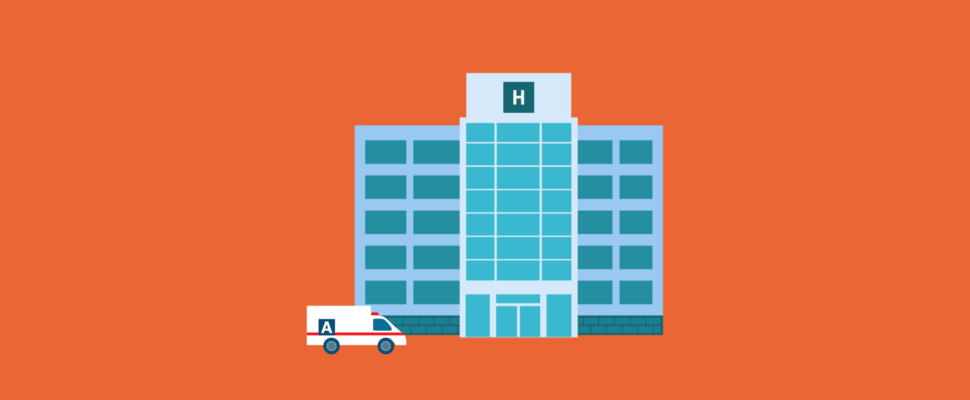With a healthcare system marked by both progress and difficulties due to the country’s economic overreliance on the oil and gas sector and its recent political instability, Algeria, is the second largest pharma market on the African continent. Recent reforms have also sped up drug approvals and are turning the country into one of Africa’s leading pharmaceutical producers.
Free Universal Healthcare
The healthcare system created after Algeria’s independence in 1962 and strengthened in the 1970s offers free universal healthcare to all of the country’s 44.18 million citizens. As a result, Algeria has gained some 30 years in life expectancy (now 77.50) over the course of 60 years and whereas the country had one doctor for every 30,000 inhabitants in 1962, in 2016 it counted one doctor for every 545 inhabitants.
Second Country in Africa to Eradicate Malaria
Algeria has made other major strides in healthcare and the World Health Organization (WHO) certifications awarded to the country for the eradication of a number of diseases attest to this. Algeria was the second country in Africa to eradicate malaria while it has also eliminated poliomyelitis and tetanus in pregnant women and new-borns. Thanks to compulsory vaccination campaigns among children, Algeria has achieved an overall vaccination coverage of over 98 percent, including for tuberculosis (BCG), poliomyelitis, and smallpox vaccines, and a rate of 90 percent for hepatitis C.
Economic and Political Volatility
Despite these laudable advances, the Algerian economy is still largely reliant on its hydrocarbons sector, leaving the country subject to the volatility of oil and gas markets, particularly when prices plunged between 2014 and 2021. While the nation has some of the world’s largest oil and gas reserves, 23 percent of its population lives below the poverty line and 32 percent of Algerians under the age of 24 are unemployed.
Chronic economic insecurity has put strain on the nation’s public healthcare system and because of a lack of necessary equipment and understaffing, in 2015 there were just 17 hospital beds per 10,000 Algerians, according to the WHO. Moreover, the COVID-19 pandemic only served to highlight these shortages and with the limited available hospital capacity, COVID-19 patients soon overran the public healthcare system.
The nation has also been shaken by a nationwide protest movement, the Hirak, which led to the 2019 removal of Algeria’s longstanding leader, Abdelaziz Bouteflika, yet many claim that it has not done away with political repression.
Reform and Pharma Industry Ministry
In 2020 a new Ministry of the Pharmaceutical Industry (MOPI) was created in an effort to boost the sector. Since the creation of the ministry, an overhaul of the Algeria’s regulatory and legislative framework that encompasses the entire drug manufacturing process from investment facilitation to distribution and export support has been underway.
In 2020, MOPI issued new regulations to decrease the timeline for registering new drugs and these timelines went from five years to as little as five months for proprietary drugs and three months for generics. In 2021, MOPI issued regulations that permit foreign pharmaceutical companies to market their products locally with clear rules for setting up local pharmaceutical entities. In addition, it provided for the temporary authorizations of up to one year for medicines prescribed to treat serious diseases with no equal treatment in the market and when approved by another regulatory body.
The MOPI has also implemented a national pharmaceutical information system to simultaneously digitize and analyse delivery schedules for import and production programmes to ensure better visibility of pharmaceutical stock levels and anticipate potential supply shortages.
Pharma Market Growth and Local Production
As the second-largest market on the African continent, Algeria’s pharmaceutical market has shown double-digit growth over the past decade (17 percent) and is estimated at USD 4 billion according to the Algerian minister of pharmaceutical industry.
Algerian government policies are looking to gradually reduce imports and incentivise local production, issuing a ban on certain imported drugs that are produced locally and offering tax incentives. These incentives along with the country’s strategic geographical position may help it to become an export base towards the rest of Africa.
According to the ministry, there are 97 drug-manufacturing plants spread across 21 wilayas, including 49 for the Centre region, 36 for the East, and 12 for the West. Drug companies with local manufacturing plants include Sanofi, Novo Nordisk, Pfizer, El Kendi, Hikma, GSK, groupe Saidal, Merinal Laboratories and Biopharm.



